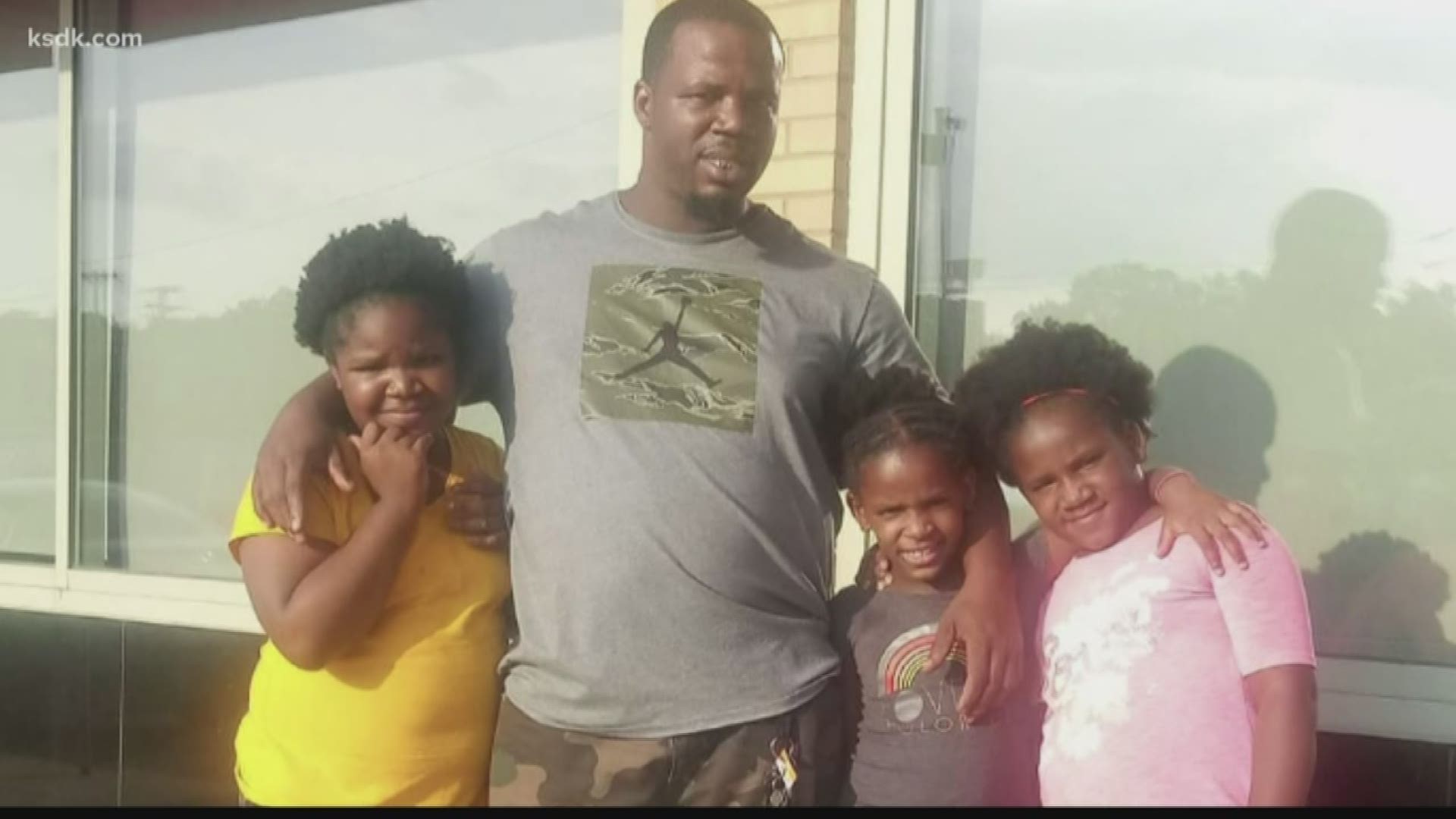ST. LOUIS — Rasheed Thompson lost his 8-year-old daughter, Jurnee. She was shot and killed at a Friday night football jamboree.
“You see this in the community all the time, but it takes a different toll on you when it hits home,” Thompson said. “She was the life of the house. She was the protector.”
Jurnee left behind two sisters, 7 and 11 years old. They were with her when she was shot. Thompson said getting help for them is a priority.
“My oldest understands,” Thompson said. “My 7-year-old doesn't. She just says, ‘Jurnee, she'll wake up one day.’ I don't think people really talk about the trauma, that it has an effect.”
The Thompsons are among 13 families in St. Louis who have lost children to gun violence.
“In my opinion, we've definitely seen an increase in PTSD, especially in children and especially in black and brown communities,” said Dr. Marva Robinson, a clinical psychologist, who specializes in trauma.
She worked with children in Ferguson after the Michael Brown shooting. She also does work with the outreach organization Better Family Life.
Robinson said parents, teachers and caregivers should watch for symptoms of trauma: trouble eating or sleeping, isolation, and behavior problems at school. If they notice these symptoms, ask questions to get kids talking.
“The most open-ended questions you ask, the more latitude you give the child to go where they want with the conversation,” Robinson said.
Robinson said trauma can cause physical changes to a child’s brain, and if it’s left untreated, can have lasting effects.
“Without treatment, they can turn to other coping mechanisms, such as drugs. It can lead to mood disorders, as well as psychotic disorders,” she said. “I would predict that we would continue to have generations of broken communities.”
As for Thompson, he said he will work to make sure his two daughters will be able to heal.
“Jurnee won't be here anymore, but we can get counseling to make sure our mental health is intact,” he said.
Robinson said families who need mental health resources can ask their children's schools for referrals for resources. Below are a couple of other resources in our area.
- Youth Connection Helpline — 314-628-2929 or text 4hlp to 31658
- Behavioral Health Response — 314-469-6644

